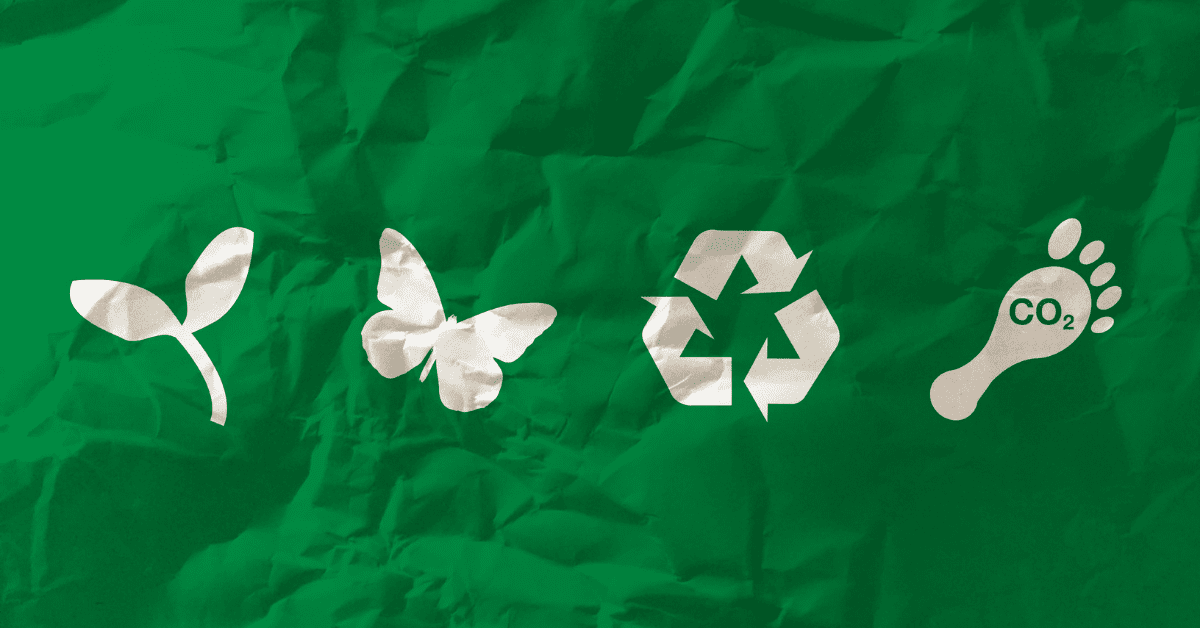
Recycling Centers Across Virginia
Recycling is a crucial practice to reduce waste, conserve resources, and protect the environment. Below is a list of various items that can be recycled, along with some brief information about each category. National Recycling Day is November 15!
1. Paper Products
- Newspapers: Easily recycled, often turned into new paper products.
- Office Paper: Includes printer paper, envelopes, and notebooks.
- Cardboard: Boxes and packaging materials can be broken down and reused.
- Magazines and Catalogs: Glossy paper can be recycled, though the process might differ slightly from regular paper.
2. Plastics
- Plastic Bottles: Such as water and soda bottles, usually marked with recycling codes 1 (PET) and 2 (HDPE).
- Plastic Containers: Includes milk jugs, detergent bottles, and yogurt containers; often codes 1 through 7.
- Plastic Bags: Some grocery and retail stores offer collection bins for recycling plastic bags.
3. Glass
- Glass Bottles and Jars: Can be recycled endlessly without loss of purity or quality. Ensure they are clean and free of lids.
4. Metals
- Aluminum Cans: Such as soda and beer cans, highly recyclable and often made into new cans.
- Steel Cans: Includes food cans like those for soup and vegetables.
- Scrap Metal: Various types, including copper, brass, and iron, can be recycled at special facilities.
5. Electronics
- Cell Phones: Many parts can be reused or recycled, reducing the need for new materials.
- Computers and Monitors: Recycling these helps prevent hazardous materials from entering the landfill.
- Batteries: Rechargeable and single-use batteries should be recycled at designated drop-off locations to avoid environmental contamination.
6. Textiles
- Clothing: Can be donated or recycled into new fabrics or products.
- Bedding and Towels: Often accepted by donation centers or textile recycling programs.
7. Organic Waste
- Food Scraps: Can be composted to create nutrient-rich soil.
- Yard Waste: Leaves, grass clippings, and branches can be composted or collected for municipal composting programs.
8. Miscellaneous
- Wood: Some clean, untreated wood can be recycled or repurposed.
- Ink Cartridges: Many office supply stores have recycling programs for used cartridges.
- Light Bulbs: CFLs and other bulbs often require special recycling processes due to their hazardous materials.
Recycling practices may vary depending on local regulations and facilities, so it’s important to check with your local waste management authority for specific guidelines. Remember, reducing consumption and reusing items are also key components of sustainable living.
Recycling Centers Across Virginia
Virginia offers numerous recycling centers that cater to a variety of materials, helping residents contribute to sustainability efforts. Below is a guide to some of the key recycling centers across the state, along with the services they provide.
Northern Virginia
Fairfax County Recycling and Disposal Centers
- Location: I-66 Transfer Station and I-95 Landfill Complex
- Services: Accepts a wide range of recyclable materials, including paper, plastics, glass, metals, and electronics.
- Special Programs: Offers hazardous waste disposal and composting services.
Arlington County Recycling Center
- Location: Arlington, VA
- Services: Provides curbside recycling and drop-off centers for paper, plastics, glass, and metals.
- Community Engagement: Hosts educational workshops and events on reducing waste.
Central Virginia
Richmond Recycling and Disposal Center
- Location: Richmond, VA
- Services: Accepts household recyclables, electronics, and textiles.
- Partnerships: Works with local businesses to promote sustainable practices.
Charlottesville Recycling Center
- Location: Charlottesville, VA
- Services: Offers drop-off facilities for paper, plastics, glass, and metals.
- Initiatives: Focuses on community education and outreach to improve recycling rates.
Hampton Roads
Virginia Beach Recycling Center
- Location: Virginia Beach, VA
- Services: Provides curbside recycling and drop-off options for a wide array of materials.
- Additional Facilities: Includes a special collection for yard waste and food scraps.
Norfolk Recycling Center
- Location: Norfolk, VA
- Services: Accepts recyclables such as paper, glass, metals, and electronic waste.
- Programs: Offers workshops and incentives for residents to increase recycling participation.
Western Virginia
Roanoke Valley Resource Authority
- Location: Roanoke, VA
- Services: Handles recycling for paper, plastics, metals, and electronics.
- Sustainability Focus: Provides composting facilities and educational programs for residents.
Harrisonburg Recycling Center
- Location: Harrisonburg, VA
- Services: Offers comprehensive recycling for paper, plastics, glass, and metals.
- Community Involvement: Engages with schools and local organizations to promote environmental awareness.
Tips for Recycling in Virginia
- Check Local Guidelines: Recycling rules may vary by locality, so it’s important to confirm the specifics with your local waste management authority.
- Prepare Your Materials: Ensure that recyclables are clean and sorted according to your center’s requirements.
- Stay Informed: Participate in local recycling events and educational programs to learn more about sustainable practices and how you can contribute.
By utilizing these centers and understanding the services they offer, residents can effectively support recycling efforts in Virginia, leading to a cleaner and more sustainable environment.